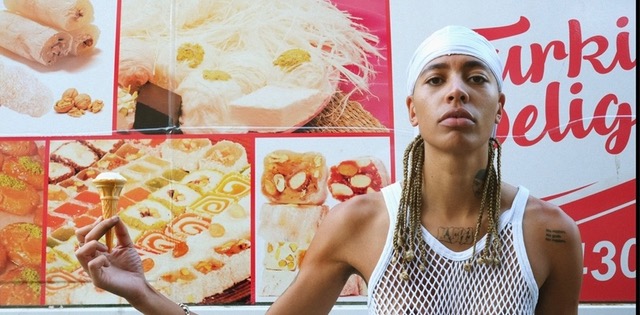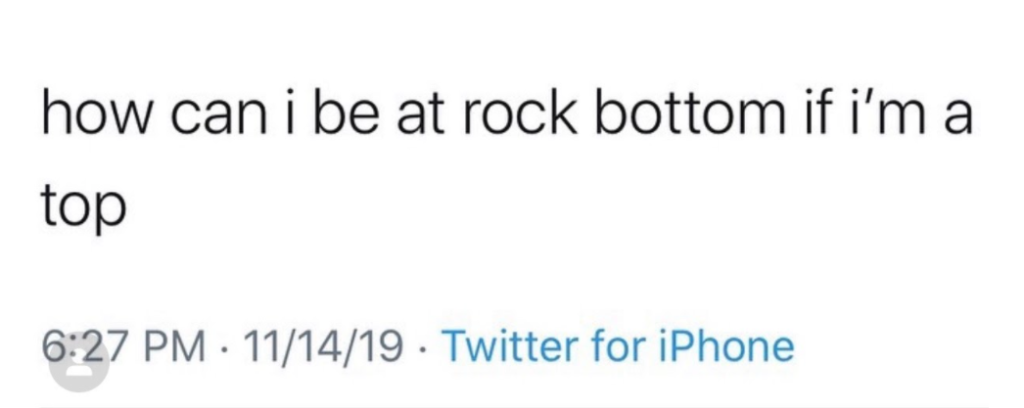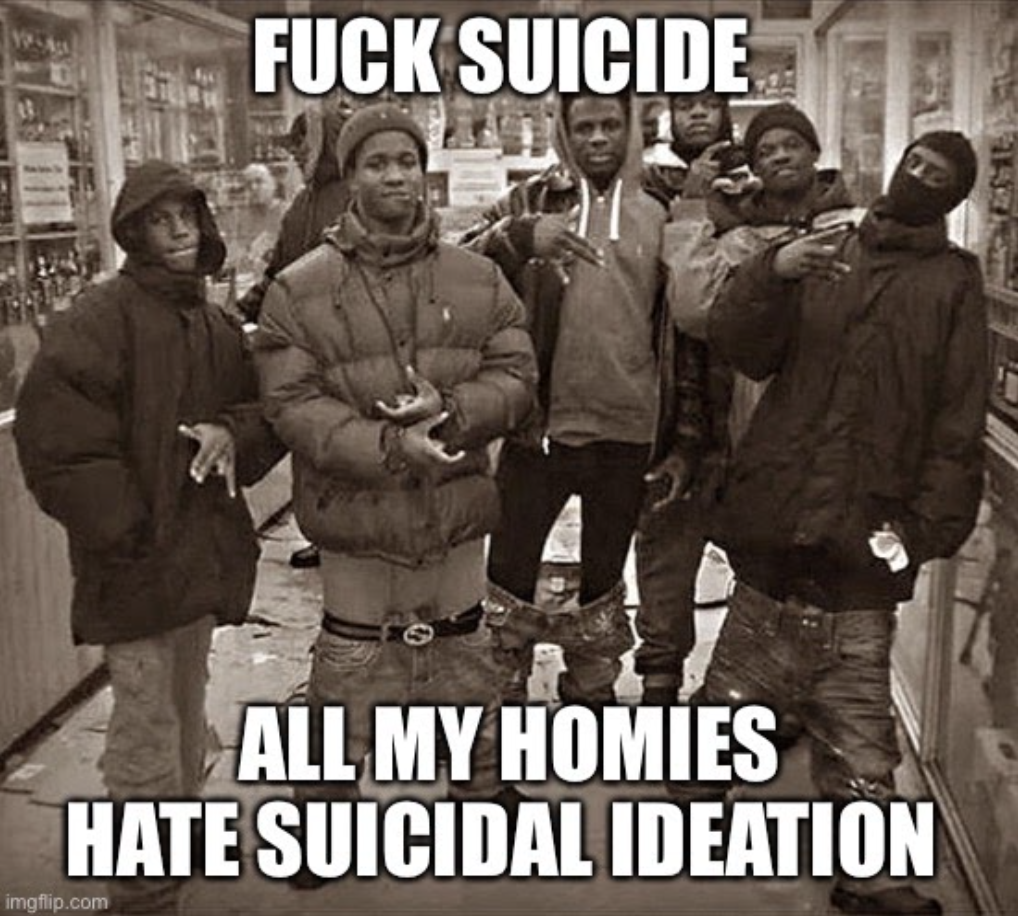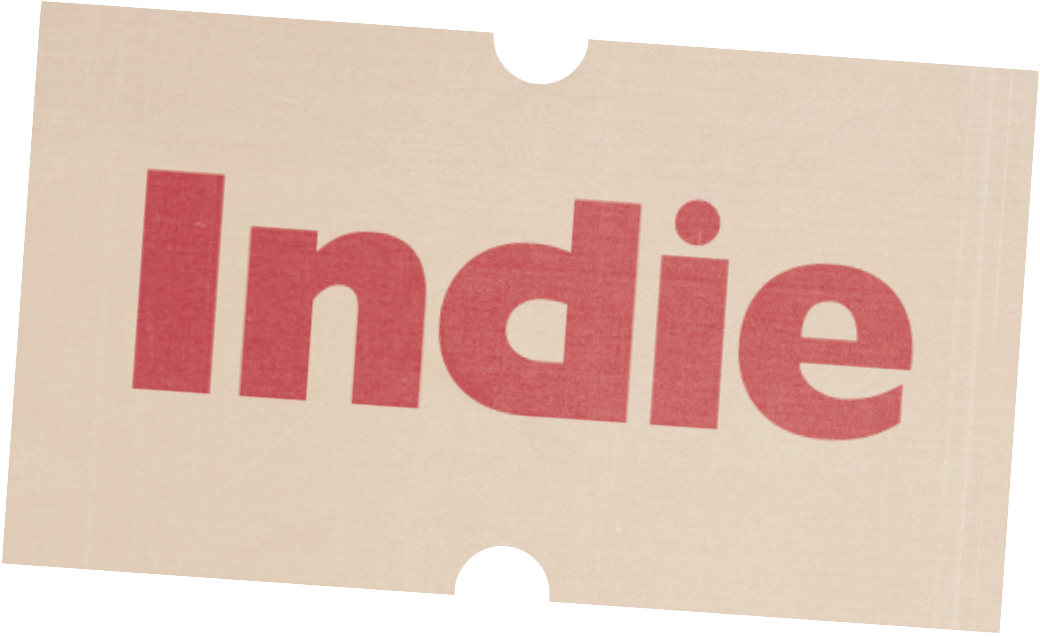I’m not sure anyone can truly say they have survived this year. I watched us bury ourselves for moments at a time one by one at least once. When locked into our homes and our screens—the devastating truth that filled them about the heartbreaking state of the world. Most mornings I woke into mourning, as Black and queer/trans bodies lay slain in streets and homes and beds. It takes its toll on you: physically, mentally, emotionally and spiritually.
Trying to laugh has been this year’s greatest challenge, but maybe its only salvation. It’s been the saint of shelter in a drenching year. Memes have made me laugh most. Their adaptability has inspired artistry—and their relevance connects people.
I’m currently in recovery, which feels weird to stay in this stagnant time. It’s difficult to see progression when the treadmill of life appears still. I am here and wanting to be, and committed to living you could say, but it wasn’t always like this. Recently I arrived at a familiar destination, found myself again bound in the hopelessness of living in a world that feels so unliveable for all I am: Too Black, too trans, too queer, too gender-bending or fluid, too emotionally articulate, too high functioning, too unstable, too sad, too anxious—too much. I couldn’t see a way out, so I made a pact with myself to find a way out.

Now, the rational me—the me writing this—can understand my emotions and react to them accordingly. This me knows that suicide is never as simple as ‘a way out’. Irrational me thinks differently—can’t see the things that keep me going. When I did have enough energy to open my eyes, in the centre of all of this chaos and spiralling, I’d invite something else in. I’d cradle my phone, and scroll through my ‘finsta’ feed. The memes this year are different. It’s given rise to pages dedicated to lesbian ‘in jokes’ or Black nerds or dark humour. They’ve become more political and ironic, as opposed to just funny or mindless. Memes are more than a visual joke, they’re a language, a way to connect through a common denominator. This year, that’s been mental health.
When I felt like checking out, I would stumble across memes that resonated with me—and made me feel something aside from sadness. A brief relief, a second of respite, a tiny chuckle. A white square, laid central with the classic tweet format reads:
‘how can I be be at rock bottom if I’m a top’
It conjures a smile, and a small laugh breathes through my gap tooth, piercing the heavy smog with a tiny spotlight of warmth.

I keep scrolling, I pass a few selfies, reel videos, a sponsored ad that of course catered perfectly to me. Get It Off Your Chest: online chatroom therapy sessions, no video or audio required! the green bold text reads.
Isn’t that also a meme page? The unspoken solidarity we feel in creating a space in which sadness is allowed, and not only allowed, but really seen. Marginalised identities are complex enough and generationally bound to silence. I come from a lineage of people who never had a chance to grieve their loss and so they birthed with their children; trauma — like a second umbilical cord.
I think trauma also birthed the intimacy of Black and queer meme culture, where the sub-genres are endless (for once). Pages like @patiasfantasyworld, @mytherapistsays, @on_a_downward_spiral and @majimb.o and others capture elements of my identity and my humour. Sometimes the only way to survive life is to find a way to laugh about it, to make room inside yourself for something other than the pain, to invite another emotion, even just for a moment. It reminds you that you’re alive and now have something closer to joy.
When I think about how I survived 2020, I don’t remember self-care Sunday baths, or mirror affirmations as much as small flickers of a chuckle that reminded me there are still things to laugh about. A meme format I saw one day took me out of the deepest of depths of depression.
6 boys stood, throwing signs up like prayers. Bold lettering stands white and tall:
‘FUCK SUICIDE. ALL MY HOMIES HATE SUICIDAL IDEATION.’
It’s funny because the boys in this photo look like so many I know. Ones who I know are suffering and have suffered in silence, who never thought they were welcomed or allowed to talk about their mental health—something Black communities often cannot speak freely about. These small squares allow us to articulate what isn’t allowed to be spoken out-loud.

My survival is my own, but I am thankfully indebted to those around me who held me up—and also those who will never know how their act of vulnerability and honesty, decorated and embellished in gentle haha’s, who shape-shifted pain into something that makes us all feel seen. When we were faced with horror on screens, I thank you for also balancing it with small glee .
That’s really what surviving 2020 was about, having enough hope to grin from what could make you cry. Or maybe crying and grinning in unison, or maybe just crying from another place within ourselves that we have not yet found: a new portal or release. For in the same screen in which we were greeted with our deaths, we found our voice, and beyond that, we found our laugh.
The sound of it will carry us, carry us all.
